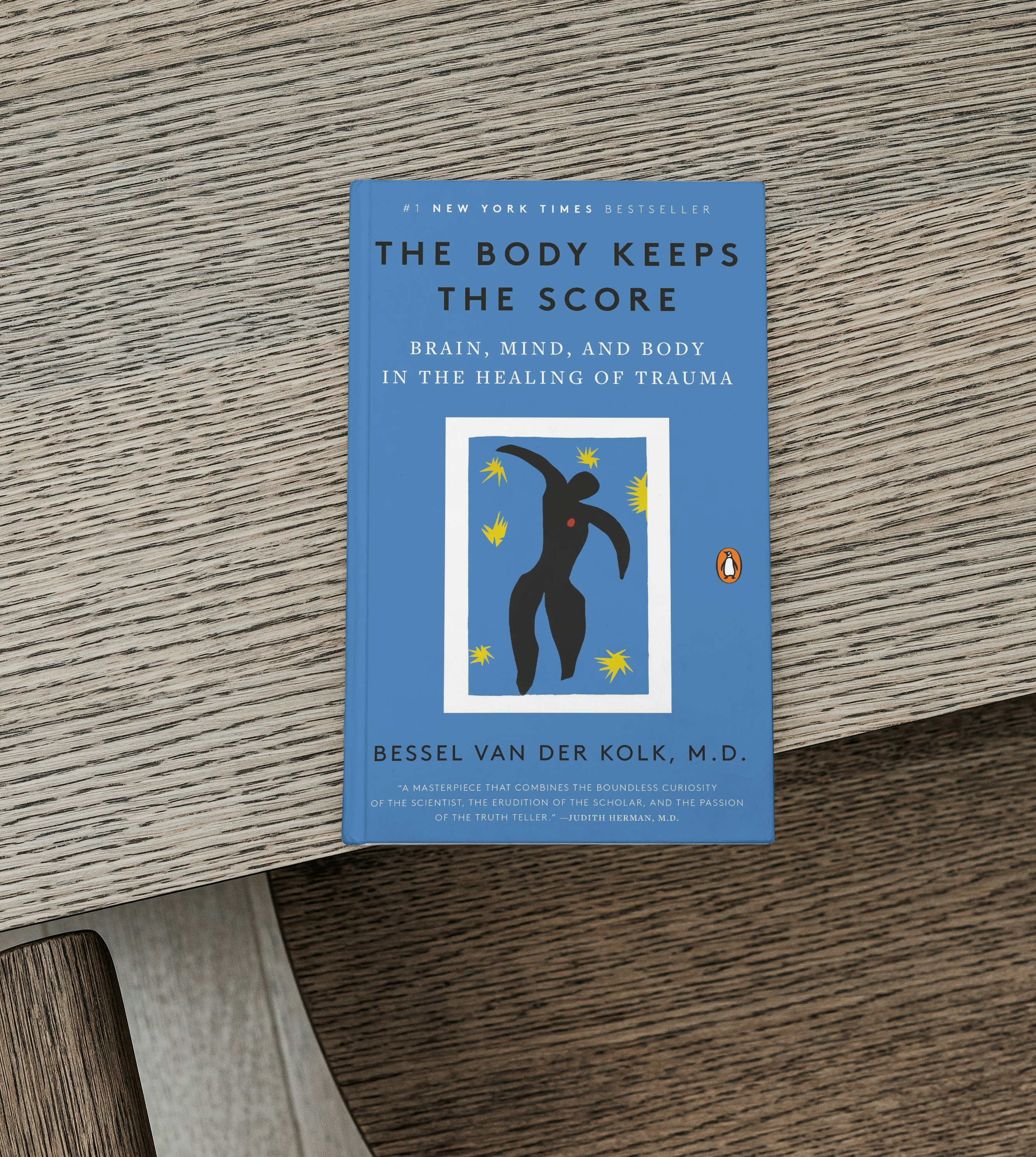Arthritis is the name we give to conditions that have one thing in common: joint pain. 350 million people around the globe suffer with debilitating joint pain. In the United States alone there are 53 million adults diagnosed with arthritis. Here are some thought-provoking facts about arthritis that may help you see this diagnosis in a different way.
Arthritis is the leading cause of disability in the United States. It is more common among women than men. It puts you at risk for other diseases like heart disease, obesity, and diabetes. It has been around since ancient times. Prehistoric man and even dinosaurs had it! It’s a little-known fact that T. rex suffered from gout—arthritis caused by uric acid in the joints.
Emotions significantly affect arthritis. People who give in to negative emotions experience more pain according to the Arthritis Foundation. Although it may feel as if the pain is coming from your joints, the chronic pain of arthritis is also an expression of your state of mind. If you are depressed or anxious, you will hurt more than when your mood is balanced and hopeful. Multiple studies of arthritis show that people who experience more negative emotions also report more pain. Pain is constructed in the brain, not in the joints. The way that people interpret and cope with their emotions and pain drives the patterns created by the brain. The good news is that the brain is neuroplastic. That means it can change! By addressing negative thoughts and the resulting negative emotions and maladaptive behaviors like chronic complaining or cynicism you can change the matrix of your brain and ease some of the physical pain you experience.
PTSD is associated with rheumatoid arthritis. One of my favorite books on this topic is The Body Keeps the Score. Written by a neuroscientist and trauma expert, it explains how traumatic experiences are encoded not just in our memories, but in our physiology. From this we learn that by getting professional help to resolve past traumatic events, your body can return to homeostasis—that place of balance and rest where true healing begins.
Lyme disease is the culprit in many cases of arthritis. Bacteria enter joint tissue and cause inflammation. Lyme is a hybrid bacterial/parasitic infection that is very difficult to get rid of. It is carried by ticks, mosquitoes, biting flies, fleas, and other biting insects. Often Lyme disease is misdiagnosed as rheumatoid arthritis, so get accurate testing.
Unforgiveness can cause arthritis. Whether it’s a simple dust up with your spouse or a long-held resentment towards family members, unresolved anger affects physical health according to research from Johns Hopkins. Studies show that when you forgive others, it brings huge rewards by lowering your risk of heart attack, improving cholesterol levels, and encouraging more restful sleep. Chronic anger puts you into a stress state which affects heart rate, blood pressure, and immune response. These physical changes then increase the risk of depression, chronic heart disease and diabetes. Anyone can learn to forgive, though some personality types find it easier.
Fear and Anxiety play a big part in arthritis. Overwhelming feelings of worry and dread are common among people with arthritis, but that doesn’t mean you can’t control this process. At its core, anxiety is a normal and even helpful reaction that happens when your body releases adrenaline in response to stressful or scary situations. But feeling anxiety frequently or anxiety that is not in proportion to the situation is not normal and can damage your health at the cellular level. One trick I have learned when dealing with fear is to “lean in” instead of stepping back. Let’s say you experience something scary. You vow never to speak of it again. This is stepping back. Leaning in looks like relating your story to a trusted advisor and getting help resolving your feelings about the event. Lean in when you are afraid.
Unexpressed Anger can trigger arthritis. Experts suggest that one reason women are afflicted with rheumatoid arthritis four times as often as men is that women are taught from early childhood not to express anger because it is “unladylike,” or “unchristian.” It is not uncommon for arthritic patients to have experienced some sort of emotional trauma before the age of five. Traumas at a young age hinder the development of your immune system and leave you susceptible to infections like Epstein-Barr. Many professionals believe that this virus which is mononucleosis is responsible for the symptoms of rheumatoid arthritis. One way to retrain your brain to benefit your body is positive affirmations of truth spoken out loud daily. One example would be: “I now clear anger, resentment, and fear out of my joints.” When this clearing takes place, you will be able to enjoy the happy and healthy life you deserve!

